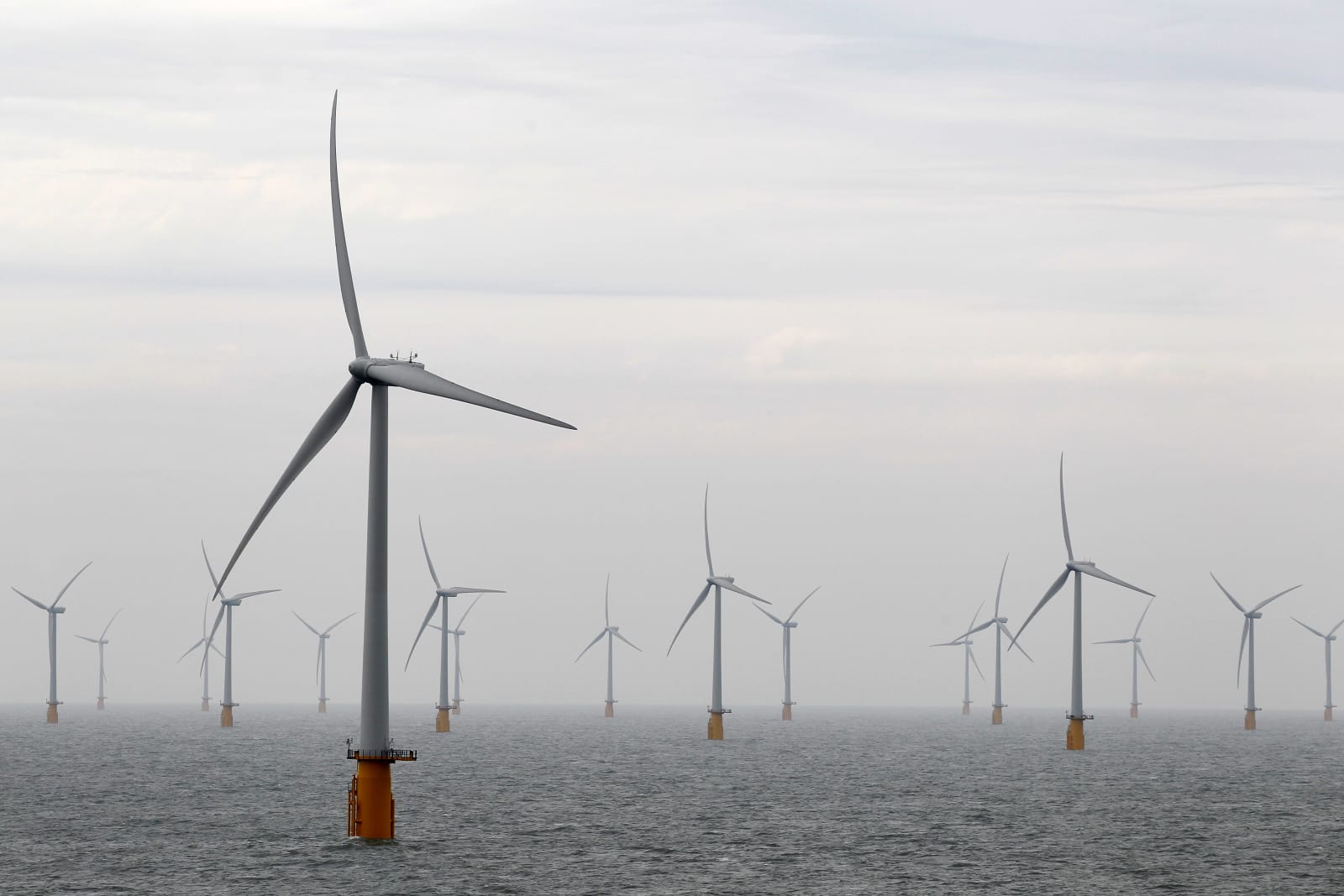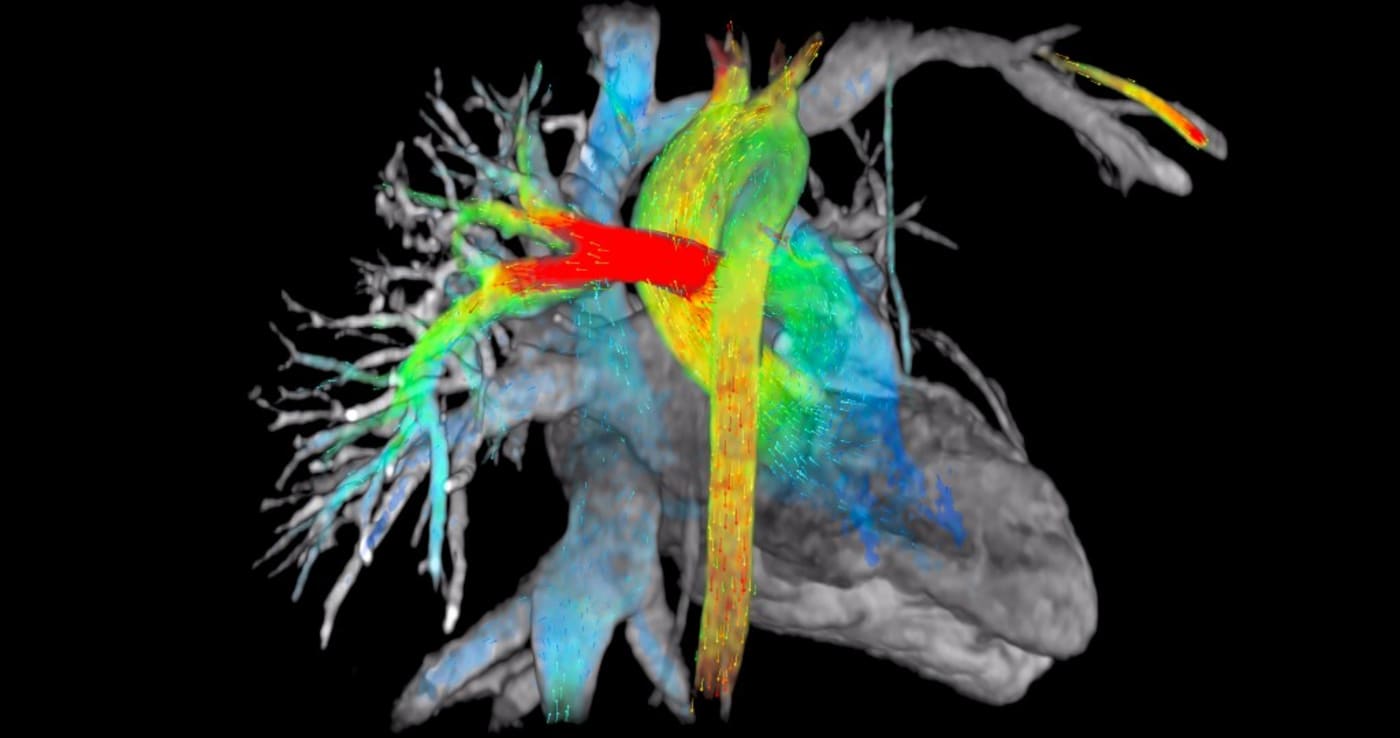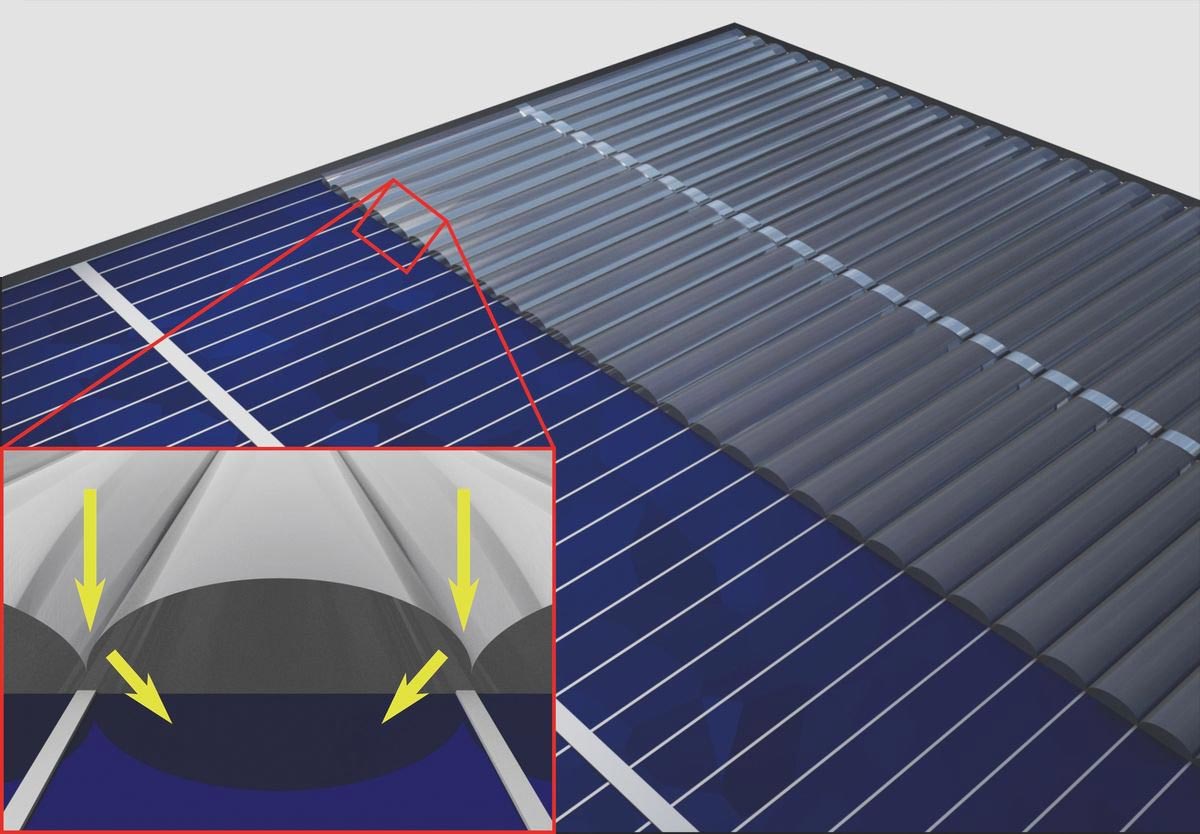
Big data is big money, so when the power goes out and data centers go offline, companies like eBay stand to hemorrhage revenue. Which is why the mega auction e-tailer's been hard at work setting up a "greener" data center in South Jordan, Utah to avoid costly and unpredictable blackouts. The now operational site incorporates thirty fuel cells developed by Bloom Energy, a company with roots in NASA's Mars program, that turn natural gas into electricity via an electro-chemical process. What's more, eBay, using recovered energy generation technology provided by Ormat, is also attempting to offset its carbon footprint by harvesting the "heat waste" generated from natural gas pipelines and turning that into energy for its Utah site. Barring any unforeseen power failures, the company's green data center won't ever have to rely on the local grid. And that independence should ensure eBay users keep bidding and buying and filling the company's coffers.
Filed under: Science
Comments
Source: Wired, GigaOm
 A record 50 percent of the UK's electricity was generated from renewables and other law carbon energy sources in the third quarter of 2016. That's up from 45.3 percent the year prior, a milestone fuelled by a sizeable increase in wind, solar and nucl...
A record 50 percent of the UK's electricity was generated from renewables and other law carbon energy sources in the third quarter of 2016. That's up from 45.3 percent the year prior, a milestone fuelled by a sizeable increase in wind, solar and nucl...
 A record 50 percent of the UK's electricity was generated from renewables and other law carbon energy sources in the third quarter of 2016. That's up from 45.3 percent the year prior, a milestone fuelled by a sizeable increase in wind, solar and nucl...
A record 50 percent of the UK's electricity was generated from renewables and other law carbon energy sources in the third quarter of 2016. That's up from 45.3 percent the year prior, a milestone fuelled by a sizeable increase in wind, solar and nucl...
 It's going to take a lot of money (among many other things) to help combat climate change, and one of the challenges there has been getting citizens to pay for it. But a new survey from Energy Policy Institute at the University of Chicago and The Ass...
It's going to take a lot of money (among many other things) to help combat climate change, and one of the challenges there has been getting citizens to pay for it. But a new survey from Energy Policy Institute at the University of Chicago and The Ass...
 The Democrats and Republicans differ on many fronts, but the contrast is particularly striking when it comes to climate change. The Republican party platform dismisses it and its presidential candidate calls it a "hoax." But on Monday night as the 20...
The Democrats and Republicans differ on many fronts, but the contrast is particularly striking when it comes to climate change. The Republican party platform dismisses it and its presidential candidate calls it a "hoax." But on Monday night as the 20...
 A team of Harvard scientists on a quest to find an organic molecule that can be used to make non-toxic, low cost flow batteries found their answer in vitamin B2. By making just a couple of tweaks to riboflavin's original molecule, which converts carb...
A team of Harvard scientists on a quest to find an organic molecule that can be used to make non-toxic, low cost flow batteries found their answer in vitamin B2. By making just a couple of tweaks to riboflavin's original molecule, which converts carb...
 Plenty of big tech companies are looking to source green energy whenever they can for their substantial energy needs, and Google is the same. But it looks like it's hard to find the renewable energy you're looking for in Asia -- specifically China, w...
Plenty of big tech companies are looking to source green energy whenever they can for their substantial energy needs, and Google is the same. But it looks like it's hard to find the renewable energy you're looking for in Asia -- specifically China, w...
 By Cat DiStasio
Dirty fossil fuels come from the ground, but the future of energy is in the sky. Thanks to innovative engineers in the renewable energy industry, the world of high-altitude wind and solar generators is booming. Not only are these dev...
By Cat DiStasio
Dirty fossil fuels come from the ground, but the future of energy is in the sky. Thanks to innovative engineers in the renewable energy industry, the world of high-altitude wind and solar generators is booming. Not only are these dev...
 Well, this week as been rather terrible. With all the death and mayhem both at home and abroad, it's enough to make anyone feel rather helpless. It's times like these that we have to force ourselves to remember there is still a great deal of good lef...
Well, this week as been rather terrible. With all the death and mayhem both at home and abroad, it's enough to make anyone feel rather helpless. It's times like these that we have to force ourselves to remember there is still a great deal of good lef...
 SolarCity, the company co-founded by Elon Musk, now produces the world's most efficient rooftop solar panels with a module efficiency of just over 22 percent. That bests the X-Series panels built by SunPower, which top out at around 21.5 percent. T...
SolarCity, the company co-founded by Elon Musk, now produces the world's most efficient rooftop solar panels with a module efficiency of just over 22 percent. That bests the X-Series panels built by SunPower, which top out at around 21.5 percent. T...
 Current solar panel technology has enough trouble as it is converting sunlight into useable current, what with their paltry 20 percent average efficiencies. And it certainly doesn't help matters that up to a tenth of every solar panel's active coll...
Current solar panel technology has enough trouble as it is converting sunlight into useable current, what with their paltry 20 percent average efficiencies. And it certainly doesn't help matters that up to a tenth of every solar panel's active coll...
